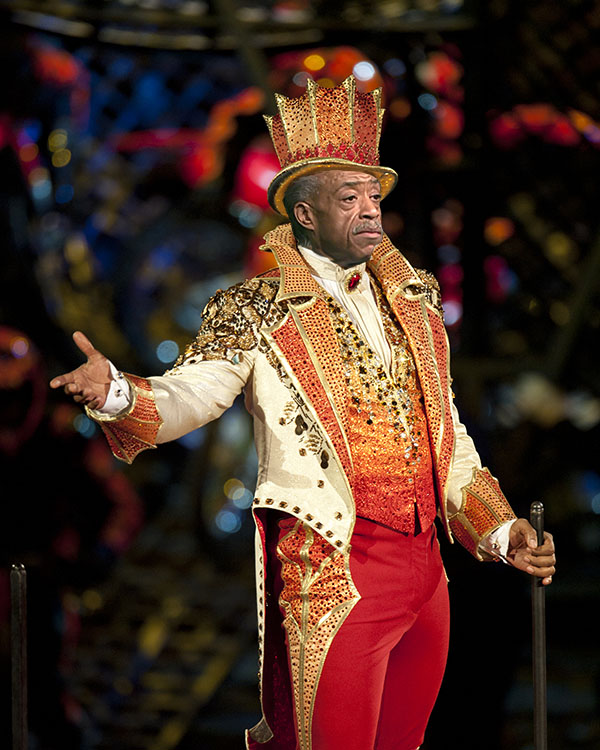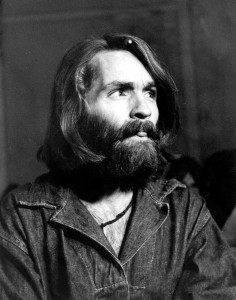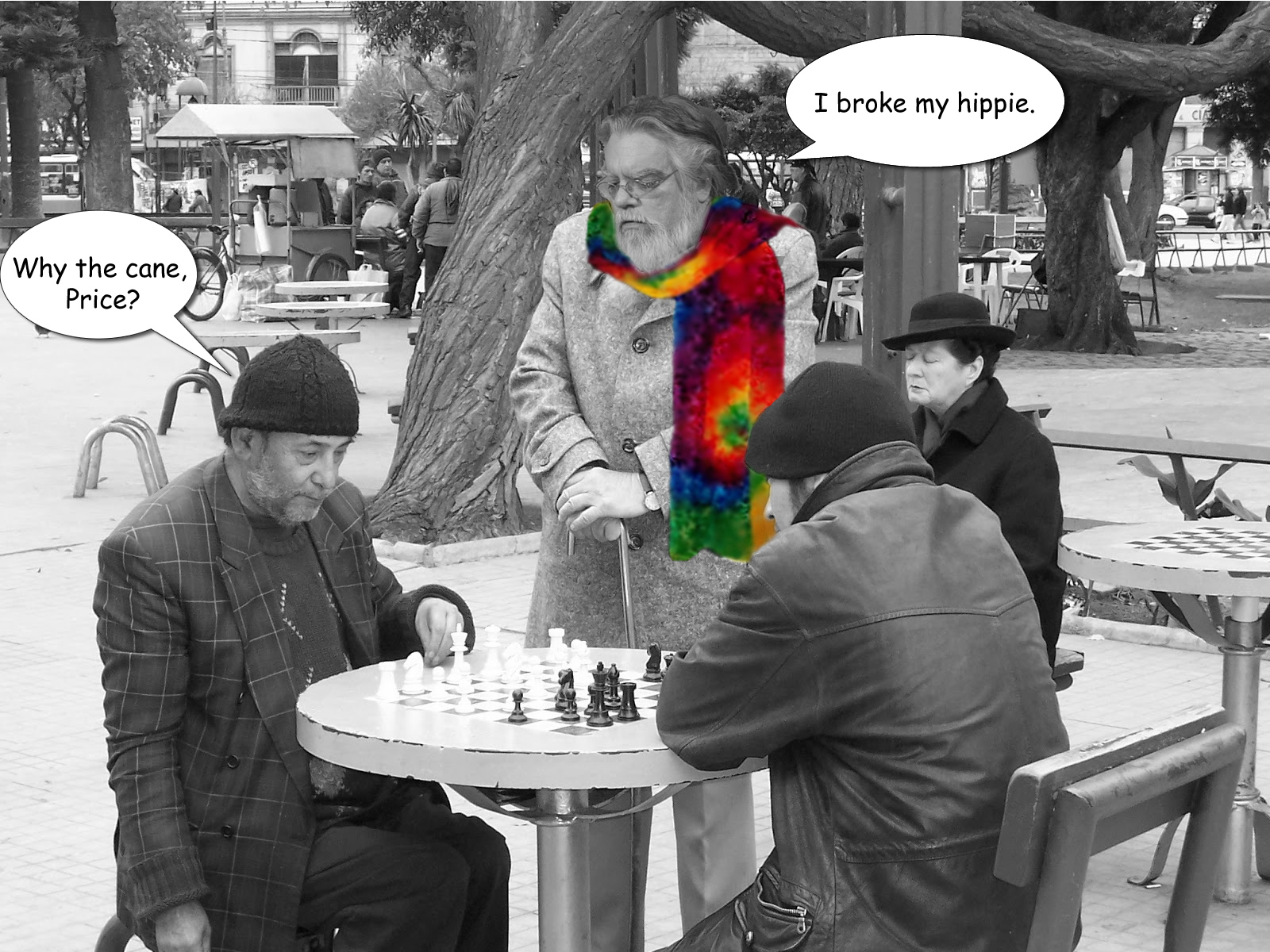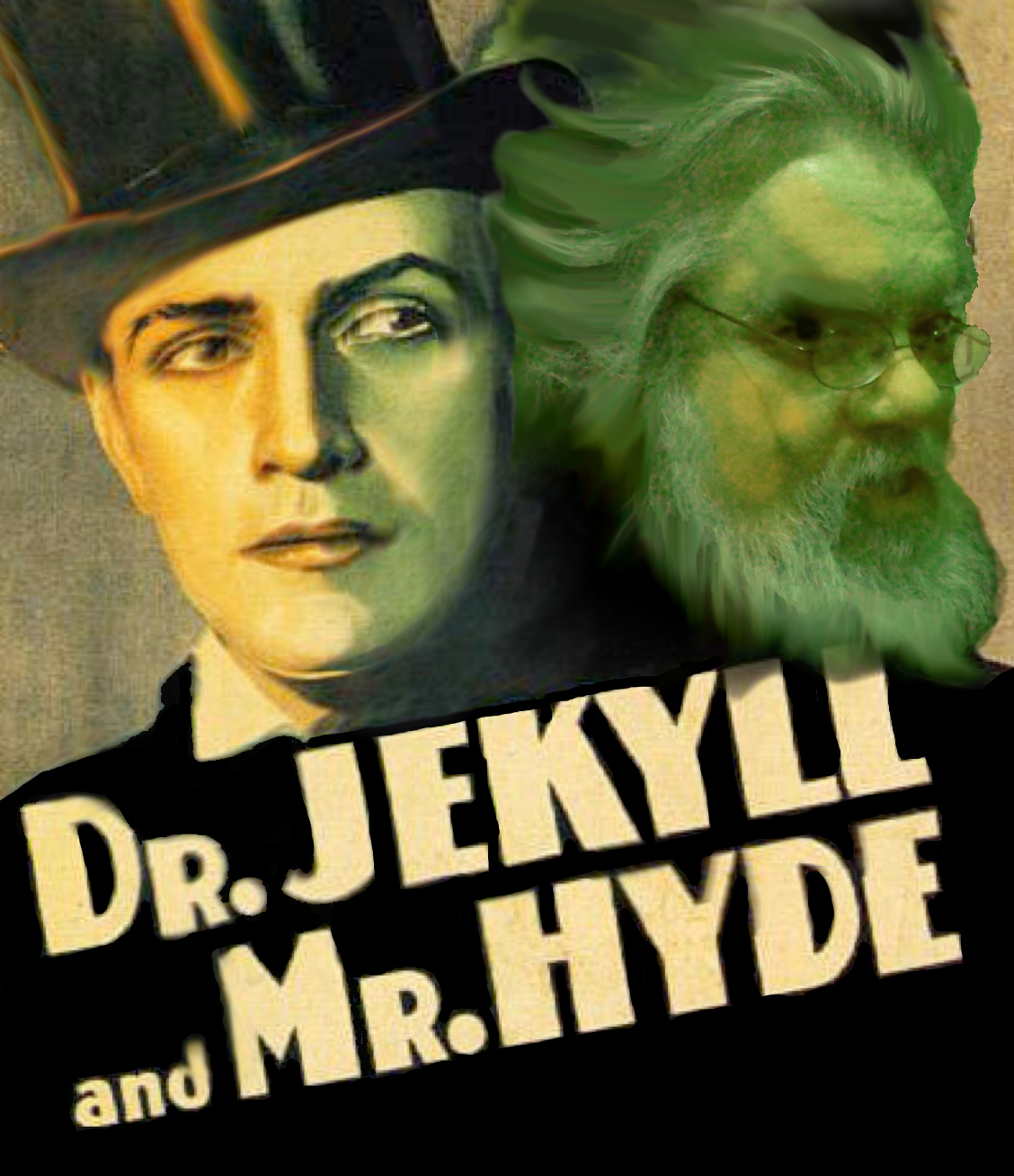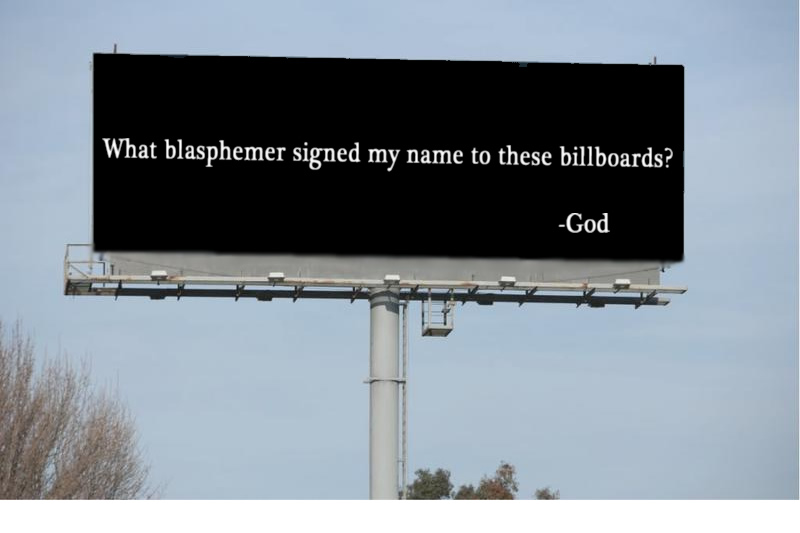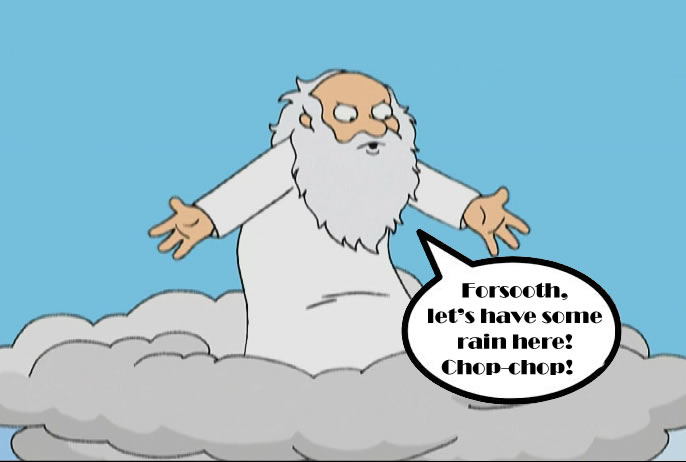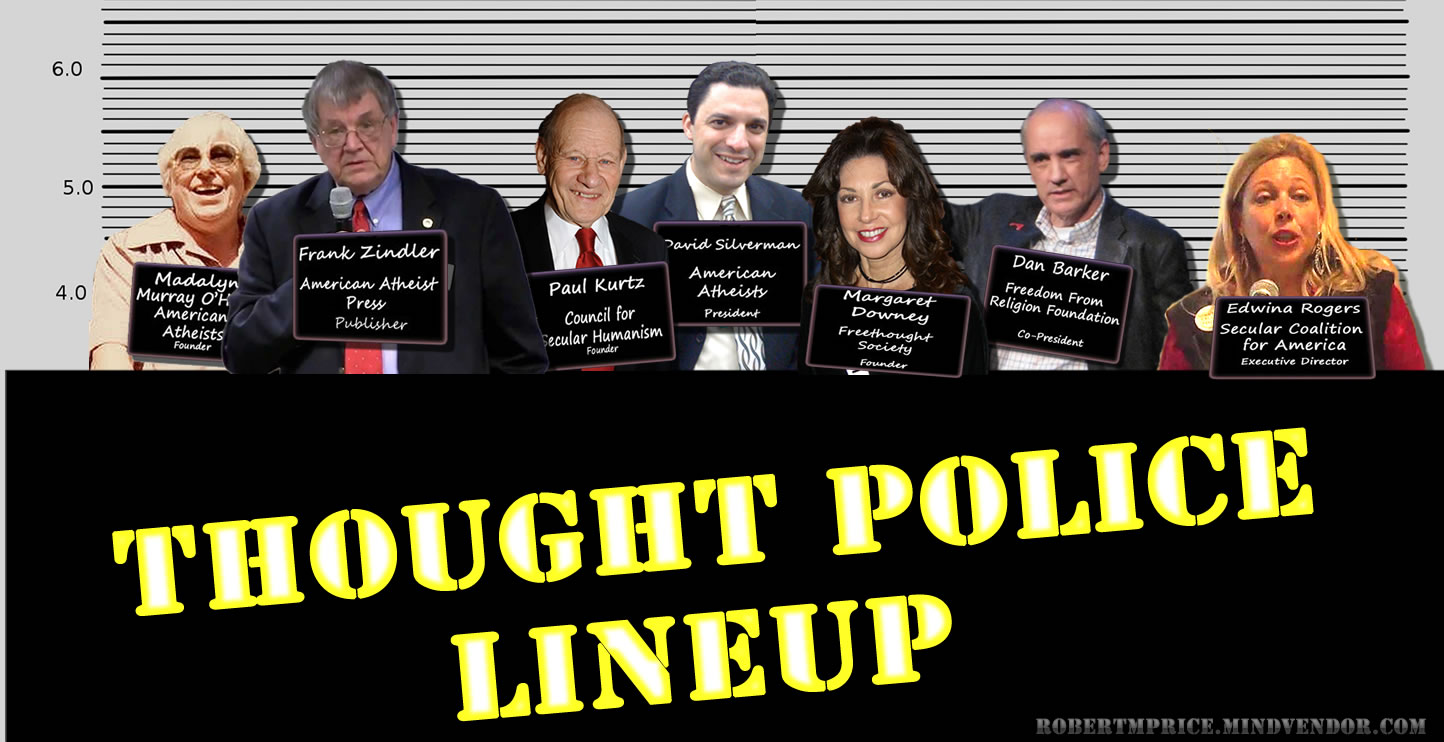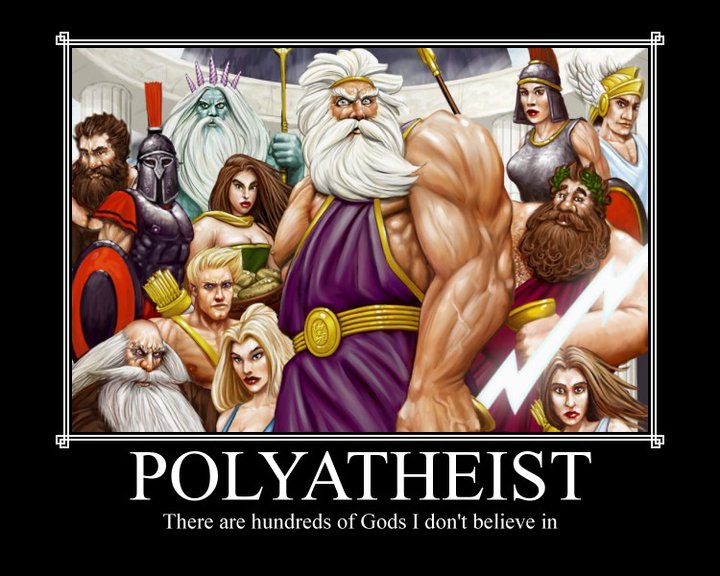
An important theological debate long ago erupted out of a single word in the Greek New Testament. The Pauline Epistles often refer to salvation as “justification†(δικαιοσυνη). That word might mean declaring someone to be righteous even if they’re not, on the basis of faith, or it might mean making someone righteous. Traditional Protestants have always preferred the first, while Roman Catholics (as well as Neo-Orthodox theologian Karl Barth, a Protestant) have opted for the second. The Protestant understanding is that God saves us by crediting (imputing) the righteousness of Christ to our (bankrupt) account, saving sinners by canceling their debt of sin. The Catholic view is that salvation is a process of gradual growth, nourished by the sacramental infusion of divine grace.
This is why the Protestant says he is saved “the hour he first believes.†It is why he is confident of going to heaven; he may occasionally slip up and backslide, but Christ’s grace does not change, so there is nothing to fear. The Catholic, on the other hand, says he hopes to be saved when he stands before the throne of God. Salvation is the culmination of the process; hence the Catholic would not think to claim he is already saved. It would be brazen presumption. The Protestant knows he has a long process of sanctification (actually becoming a righteous person) ahead of him, but being justified, being “rightwised,†has already conferred the status of “righteous†upon him through faith, so he feels he is saved already. It’s just got to work itself out from here on in. In the meantime, he rejoices that righteousness has been imputed to him, as a kind of legal fiction. He is already righteous de jure and looks forward to becoming more righteous de facto.
A related question concerns whether sin is imputed to someone who has not yet sinned. Of course, we’re talking about Original Sin. Sure, we all eventually go wrong and do things we know are wrong, things we are ashamed of. Maybe even crimes. But before we sully our consciences by our own acts, does God hold us responsible for the sins of our ancestors, all the way back to Adam and Eve? That is the doctrine of imputed sin, and not all Christians believe in it.
But what interests me here is a paradox worthy of Jacques Derrida: what if de facto wickedness, actual culpable behavior, is (not imputed but) imposed? What if it is, in effect, a punishment rendered to those who have done nothing wrong, a punishment consisting of being made wicked? That is of course counterintuitive, just the reverse of the usual order of things as we view them: someone does something bad, and punishment is inflicted. And that is usually what happens. But there is something else going on in the world.
 This first occurred to me when I saw two very challenging, sobering films. The first was Pier Paolo Pasolini’s 1961 Accattone (which means “Scroungerâ€). The title character is a contemptible bastard, a pimp who betrays his wife and steals from his young son. The action takes place amid the awful conditions of post-World War 2 Italy. Eventually the scoundrel is persuaded to straighten up and fly right. He manages to secure honest work, spending all day at back-breaking manual labor for scant wages. It is crushing wage-slavery that he cannot endure. He  goes back to his life of moral squalor. But soon he dies a random, senseless death on the street. In his death scene, Bach’s Saint Matthew’s Passion begins to play. The ending seems to suggest that every human being, simply as a man, no matter how defiled and ignominious, is to be identified with the Son of Man. His dead-end degradation, his moral dereliction, is his crucifixion. Life itself is a sentence passed upon him.
This first occurred to me when I saw two very challenging, sobering films. The first was Pier Paolo Pasolini’s 1961 Accattone (which means “Scroungerâ€). The title character is a contemptible bastard, a pimp who betrays his wife and steals from his young son. The action takes place amid the awful conditions of post-World War 2 Italy. Eventually the scoundrel is persuaded to straighten up and fly right. He manages to secure honest work, spending all day at back-breaking manual labor for scant wages. It is crushing wage-slavery that he cannot endure. He  goes back to his life of moral squalor. But soon he dies a random, senseless death on the street. In his death scene, Bach’s Saint Matthew’s Passion begins to play. The ending seems to suggest that every human being, simply as a man, no matter how defiled and ignominious, is to be identified with the Son of Man. His dead-end degradation, his moral dereliction, is his crucifixion. Life itself is a sentence passed upon him.
His criminality is a punishment imposed upon him for no crime already committed. It is not that he is framed and actually innocent. No, that would be bad enough, but the “punishment†is to render the innocent a genuine sinner, a criminal, a low-life and a louse. He starts out innocent (a blank slate) and is then punished by being made immoral, not merely declared immoral whether or not he is. Fallenness is not the crime, but the punishment—for no crime committed.
The other depressing film was Ingmar Bergman’s Shame (1968). In it, a foreign invasion and/or a fascist takeover reduces a once prosperous and cultured society to near-barbarism. People start casting their previous morality aside in order to survive. Max von Sydow’s character no longer thinks to complain when his wife sleeps with the town commandant to get extra provisions of food and medicine. One learns to deprive one’s neighbors in order to meet one’s own needs. One comes to realize in retrospect that morality was a luxury made possible by affluence. It was like art, literature, and music: nice, even precious, things which must be set aside when the only game in town is sheer survival. If normalcy should return, one may regret what one had to do, but the real regret was having to face the reality that culture and civilization are luxuries, not necessities, when one finds one can no longer afford them.
and/or a fascist takeover reduces a once prosperous and cultured society to near-barbarism. People start casting their previous morality aside in order to survive. Max von Sydow’s character no longer thinks to complain when his wife sleeps with the town commandant to get extra provisions of food and medicine. One learns to deprive one’s neighbors in order to meet one’s own needs. One comes to realize in retrospect that morality was a luxury made possible by affluence. It was like art, literature, and music: nice, even precious, things which must be set aside when the only game in town is sheer survival. If normalcy should return, one may regret what one had to do, but the real regret was having to face the reality that culture and civilization are luxuries, not necessities, when one finds one can no longer afford them.
The grim scarecrows managing to get along in the time of savagery did nothing to invite the great tribulation which forced sub-moral behavior upon them. Their circumstances were not a punishment for any evil they had done. On the contrary, it was imposed on them from out of the clear blue. They were innocent. Then they were punished. And the punishment was being forced into abandoning moral goodness.
I think that the disproportionate crime rates in the black ghetto constitute such a punishment. The habitat long ago became a jungle of desperation and predation. (How? I am no sociologist, but I found the explanation given by Stokely Carmichael and Charles V. Hamilton Black Power: The Politics of Liberation, 1967, pretty persuasive.) But, as in all jungles, there is great danger from predators. It is nature red in tooth and claw. The predators have devolved, as the nice, white Swedes in Bergman’s Shame did, into a pre-moral, amoral state. Ghetto youths are making bad choices, but they are not exactly in a position conducive to considering their options with dispassionate detachment. The ability to do so is one of the luxuries their circumstances have deprived them of. Their crimes are their crucifixion, their dehumanization, their degradation, their paradoxical punishment for nothing they did.
But this does not let them off the hook. Society (especially their fellow ghetto-denizens) must be protected from the predators. What’s the alternative? Can you picture this scenario? “Look, buddy, I guess I ought to arrest you, but your whole life is one big set of mitigating circumstances, so that would be unfair.†But we can’t do that. Society must adopt the legal fiction that the criminal did have a choice, that he did make a culpable decision that he was free not to make, in short, that he was fully responsible for his crimes. We have to dispense “justice†on that basis. Just as actual immorality was imposed upon them, now moral responsibility must be imputed to them, contrary to fact, paralleling the Protestant view of justification: being declared responsible, not being made responsible.
Again, what is the alternative? If we treat malefactors as hapless victims of unchosen circumstances, if we recognize them as “beyond freedom and dignity†(B.F. Skinner), we have no reason not to forcibly recondition them as in Clockwork Orange. Is that better? 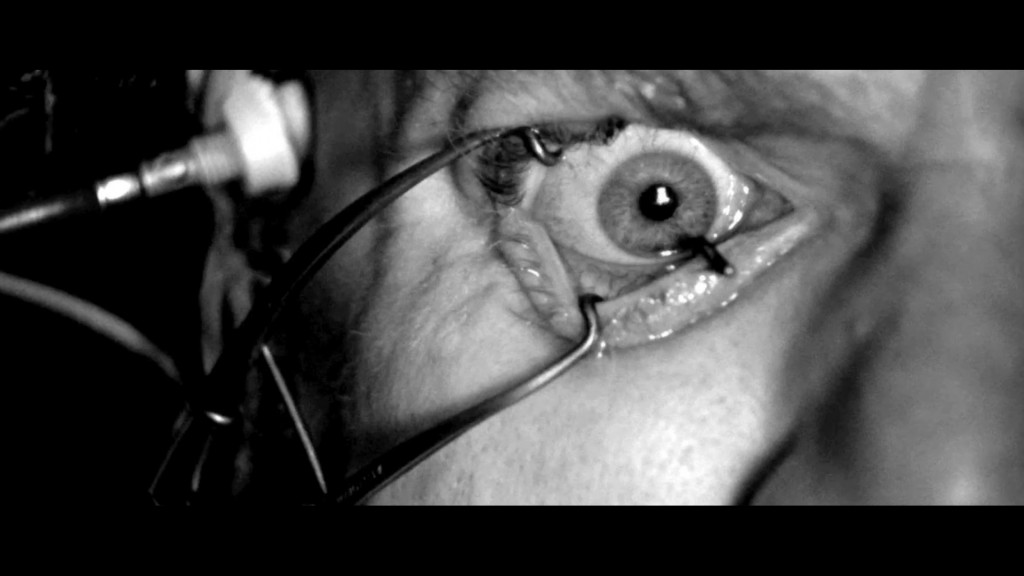 By holding criminals accountable, we may be ascribing greater dignity to them than they (or we!) deserve. For we, too, are surely the products of our conditioning, and the illusions of freedom and dignity serve us pretty well, too. It all means that the whole system of an enlightened and cultured (and fair) society is a game of play-acting. And it’s a game worth playing.
By holding criminals accountable, we may be ascribing greater dignity to them than they (or we!) deserve. For we, too, are surely the products of our conditioning, and the illusions of freedom and dignity serve us pretty well, too. It all means that the whole system of an enlightened and cultured (and fair) society is a game of play-acting. And it’s a game worth playing.
So says Zarathustra.


